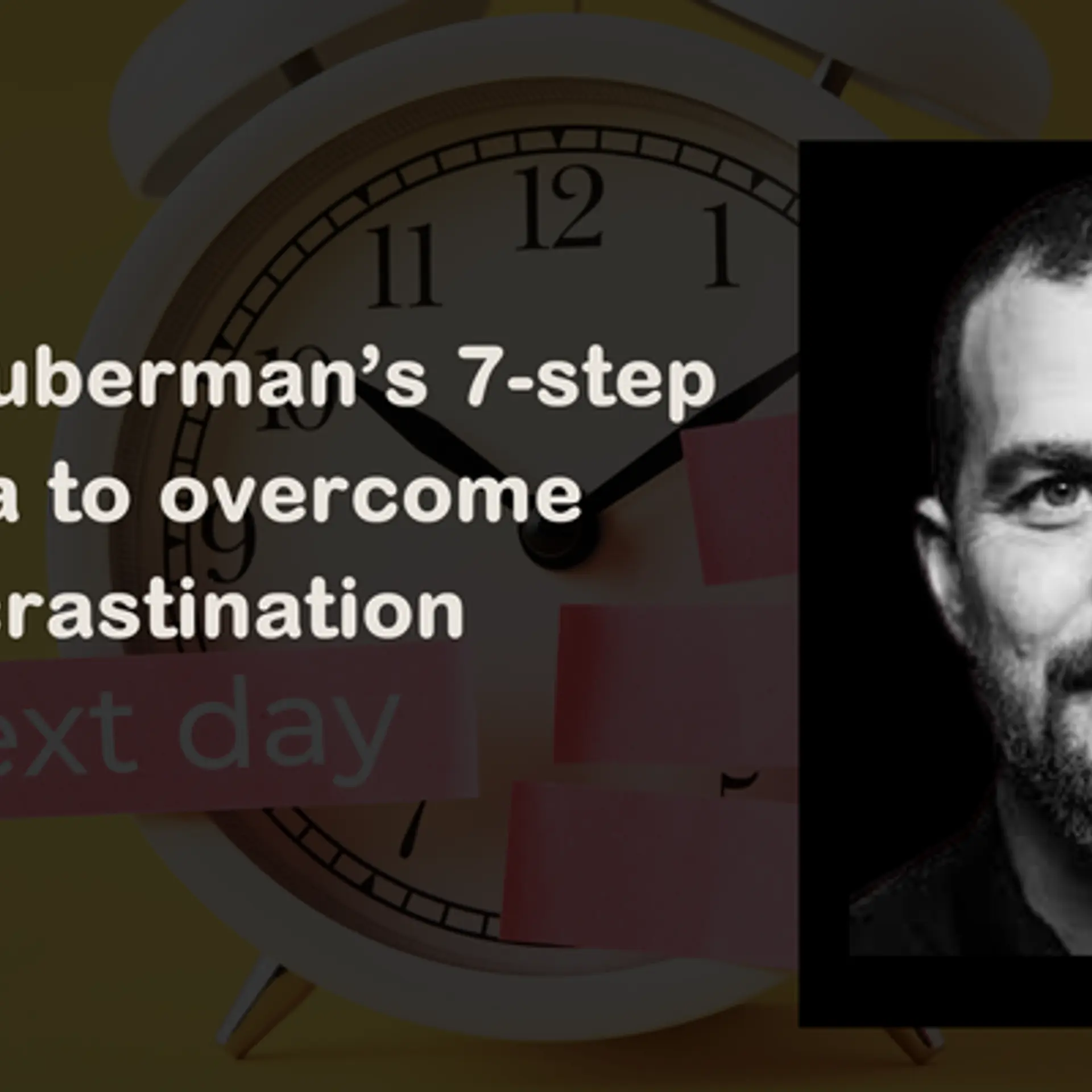The journey back home: How Zarina and Ronnie Screwvala are empowering villages to enable reverse migration in Maharashtra
Taking on a holistic approach to solving the many basic and infrastructure concerns villages have, the couple’s Swades Foundation has helped several migrants in Mumbai return to their homes with assured means to earn a living.

In 2003, Sanjeev Dhasde left his family and a five-acre farmable plot in Bhandare village, Mangan block in Raigad, Maharashtra, and migrated to Mumbai. He eked out a living as a sales executive for an MNC, earning a salary of Rs 2.4 lakh for 14 years. He sent home whatever he could and spent the rest on rent and a frugal existence in the expensive city.
Home beckoned, but Sanjeev could not return for fear of financial difficulties. But he soon discovered Swades Foundation, an NGO that helps migrants like him to return to their villages equipped with the means to earn a living. He began attending monthly meetings at Dadar, where thousands of migrants discussed the challenges they faced and sought help to reverse migrate.
With the support of the foundation, in November 2017, Sanjeev returned to his village and started farming and goat rearing. The foundation provided him with 11 goats and 22 kids and, within six months, he earned close to Rs 1 lakh by selling goats. With the help of YouTube tutorials, Sanjeev learned to farm, and he implemented drip irrigation on his plot. By May 2018, he earned Rs 2 lakh through farming alone.
“When without experience in farming I could earn so much, I realised that with time and practice I could sustain a monthly income. I also set up a vegetable shop in the village and earned a profit of Rs 400-500 daily. My family was initially skeptical about my decision to return but my mother is now happy that I moved back. More importantly, we did not suffer a financial loss,” Sanjeev recalls.
Like Sanjeev, 63 other families have benefited from reverse migration in Maharashtra and are supported by the Swades Foundation’s multiple income generation programmes, including goat rearing, farming, and poultry.
“Migration is a huge issue in our villages where 40 percent of the homes are ‘closed’ i.e. the family is living in Mumbai. The main issue today is the lack of opportunity in the villages. In the old days it was the lack of education for children but that does not seem to be the core driver today,” Zarina Screwvala, Founder of Swades Foundation, says.

Founded in 2013, the organisation has, over the past six years, worked in over 2,000 hamlets spread across Raigad district, 150km from Mumbai, impacting over 4.7 lakh individuals. By partnering with multiple organisations including Tata Trusts, Reckitt Benckiser, Mahindra & Mahindra, Red Cross, Rotary, and Room to Read, the Swades Foundation has implemented 35 programmes that aim to aid social reforms by bringing access to healthcare and education facilities, implementing water and sanitation projects, and conducting multiple agriculture related workshops to help boost the income of the farmer.
The beginning
In 2012, after Zarina and husband and investor and businessman Ronnie Screwvala divested their UTV Motion Pictures shares to Disney, Zarina was on a lookout for a new project that impacted rural India. Upon Ronnie’s suggestion she joined SHARE, an NGO that was involved in water management projects in Maharashtra villages. “Ronnie told me, ‘lets lift a million people out of poverty!’ And I was hooked,” Zarina recalls.
Through the NGO, Zarina began working with rural upliftment projects and, by 2013, she founded the Swades Foundation to create a model for transformational change in rural India that could be replicated at scale. She wanted to create a 360-degree model that focused on the overall development of a village rather than focusing on one domain alone.
“During one of my discussions with a group of women in a village, I stressed the importance of girl child education. After hearing me out patiently, the women raised a very interesting query: ‘If we sent our girl child to school, who will fetch water from far-off places every day?’ This query led us to the realisation that we have to first solve the problem of drinking water before we even address the issue of education,” Zarina says.

Hence, with a focus of holistic development, the organisation is working with 1,275 schools in Raigad block to ensure there is access to functioning toilets. Portable drinking water has been provided in 20,000 households and the team has constructed 20,000 toilets as well. The Swades Foundation team comprises of 300 full-time professionals and 1,200 trained community volunteers.
The need for reverse migration
Living in India’s maximum city, Zarina was well-aware of the draw it had to youth from villages.
“While we understand that the community is trying to seek a better life in the city, the sad reality is that often rather than being better it is a life of great hardship and deprivation. Even a loss of dignity where men are forced to live in small spaces and, in fact, often have to sleep in shifts to accommodate the people they are renting their small kholi (room) with.”

Swades Foundation realised their rural upliftment projects would ultimately lead to better livelihood opportunities within the villages itself. In 2017, the organisation started holding the ‘Mumbai Committee’ meetings and engaged with those villagers now staying in Mumbai to understand their aspirations and needs. At each meeting, held once or twice a month, they connected with about 80-100 migrants from Raigad. They told them to dream of a better future in their villages and that both the foundation and government officials, along with other organisations, were ready to support them in their journey back home.
“The biggest challenge is always mindsets and aspirations. This is not an overnight process, it involves sustained efforts of engagement and empowerment. The Swades Foundation supports them with training, with linkages to banks, and with on-field guidance,” Zarina explains.

Arun Gaikwad had to face a barrage of questions from the villagers when he decided to move back to his village after completing his B.Sc from Mumbai University. ‘Did you not find any good job in Mumbai? ’they taunted. However, the 27-year-old always wanted to become an entrepreneur and hence with the support from Swades Foundation he invested his savings in a goat-rearing business. Today, he earns a monthly income of Rs 50,000.
The projects

With an aim to create a permanent, irrevocable change in the lives of one million people in rural India within the next 5-6 years, Swades Foundation has implemented multiple projects in Raigad:
1. Health and Nutrition: The team identifies and provides complete diagnostic support to children aged one to 18 years suffering from cardiac disorders in rural communities. Those in need of surgeries are linked to their partner hospitals for end-to-end treatment free of cost. They have three mobile vans that are equipped for diagnostic screening of eye defects by ophthalmologists, who conduct screening, identification and advise on necessary treatments for eye diseases.
2. Education: To empower school staff the organisation provides extensive leadership training to principals and in-service training to teachers and anganwadi workers. They have also setup a learning resource centre for children with special needs and trained 323 teachers to teach and train them. The Foundation has facilitated infrastructure upgrades such as drinking water, hand wash stations, toilets, libraries, computer labs, activity based learning centres, and science and math kits for interactive learning.
3. Water and Sanitation: To ensure every household in Raigad gets potable drinking water up to 200 litres per day, the organisation brings water from the source to storage reservoir and from there into each household through a robust distribution grid in every water project. A team of water engineers and field staff is equipped for conducting overall geophysical and technical surveys while the community does voluntary labour to ensure water reaches their homes. Further, the team has identified small tributaries in Raigad’s six blocks and has built check dams to conserve millions of litres of water. This water is supplied to the farms through drip or flood irrigation thus making acres of land cultivable and beneficial for farmers.

4. Economic Development: With an aim to bring more cultivable land under irrigation--thus enabling farmers to sow economically viable crops like vegetables in rabi season, and increasing productivity and survival percentage of existing and recently planted orchards--the organisation conducts “exposure visits” for farmers and imparts technical knowledge by agri domain experts on drip and flood irrigation, advanced paddy cultivation methods, poultry, fishing daily and goat rearing. Further, the non- farm activities include skills training to youths and their placement in formal employment and enterprise development.







